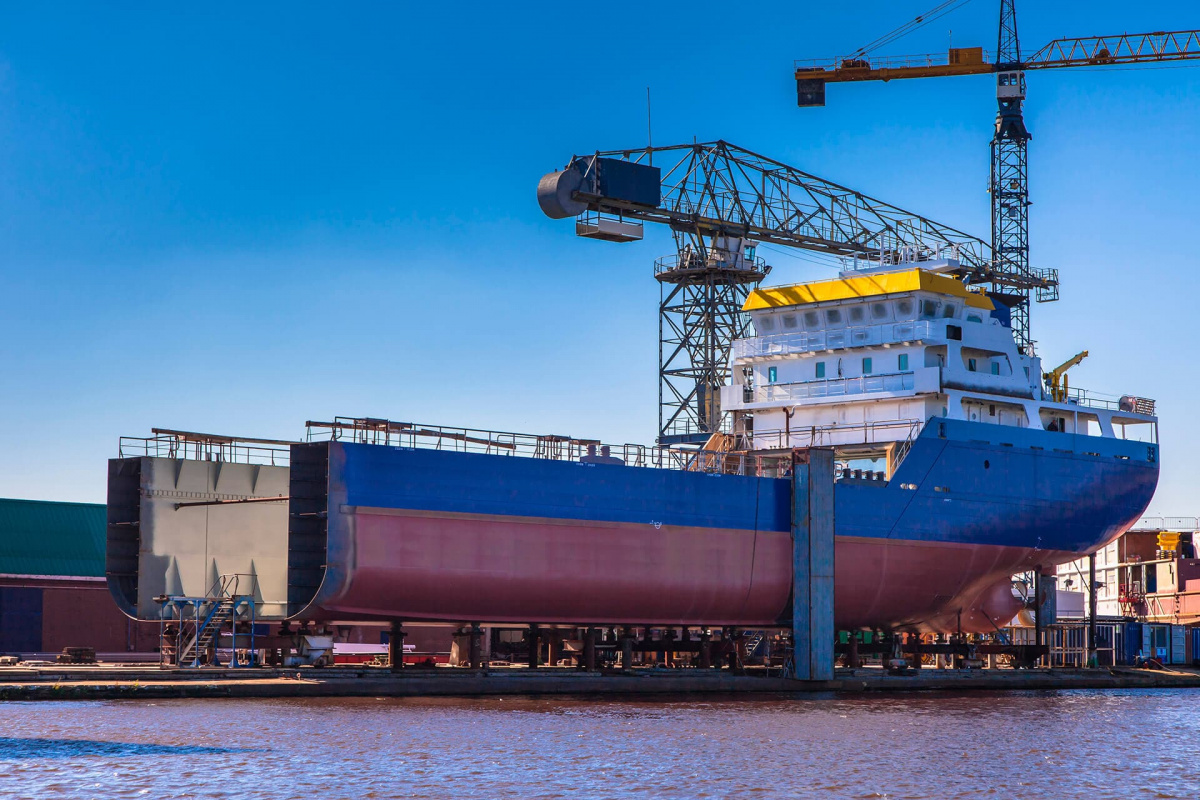SOLUTIONS
State support, development of the Northern Sea Route and resetting VAT
“The tasks set by President Putin aim to ensure at least 80 million tonnes of cargo transportation along the NSR by 2024 and 150 million tonnes by 2030. [...] We have to build at least 55 ships by 2030. [...] By order of the President of the Russian Federation, we are working on a list of measures for the development of the Northern Sea Route up to 2035. The list of measures under consideration is significant. [...] It’s my dream to have the Ministry of Finance first provide us with financial resources, then have our shipbuilders ensure the order is carried out in a timely manner, and then those repairing the ship,” Gadzhimagomed Guseynov, First Deputy Minister of the Russian Federation for the Development of the Far East and the Arctic.
“About the zero VAT rate. We are actively working with the Ministry of Finance right now. [...] We are certain that we will be able to find common ground with our colleagues and adopt the rate. Because it existed before 2004, and the Russian ship repair industry grew considerably. We’re trying to explain to our colleagues that the income lost from the adoption of this measure will be made up for by indirect taxation resulting from the increase in the volume of ship repairs,” Boris Kabakov, Director of the Department of Shipbuilding Industry and Marine Equipment of the Ministry of Industry and Trade of the Russian Federation.
“We need to solve [...] problems associated with resetting the VAT, and it’s something we’ve talked about a lot. The immediate benefit will be twenty percent over Norwegian shipyards of the same kind. [...] We ourselves need to work on the structure so that [...] overhead incurred by a dual-purpose shipyard is somehow taken out of the equation, leaving the shipbuilding industry to develop,” Aleksey Rakhmanov, Chairman of the Management Board and CEO of the United Shipbuilding Corporation JSC.
Read more in the Roscongress Foundation Information and Analytical System www.roscongress.org
